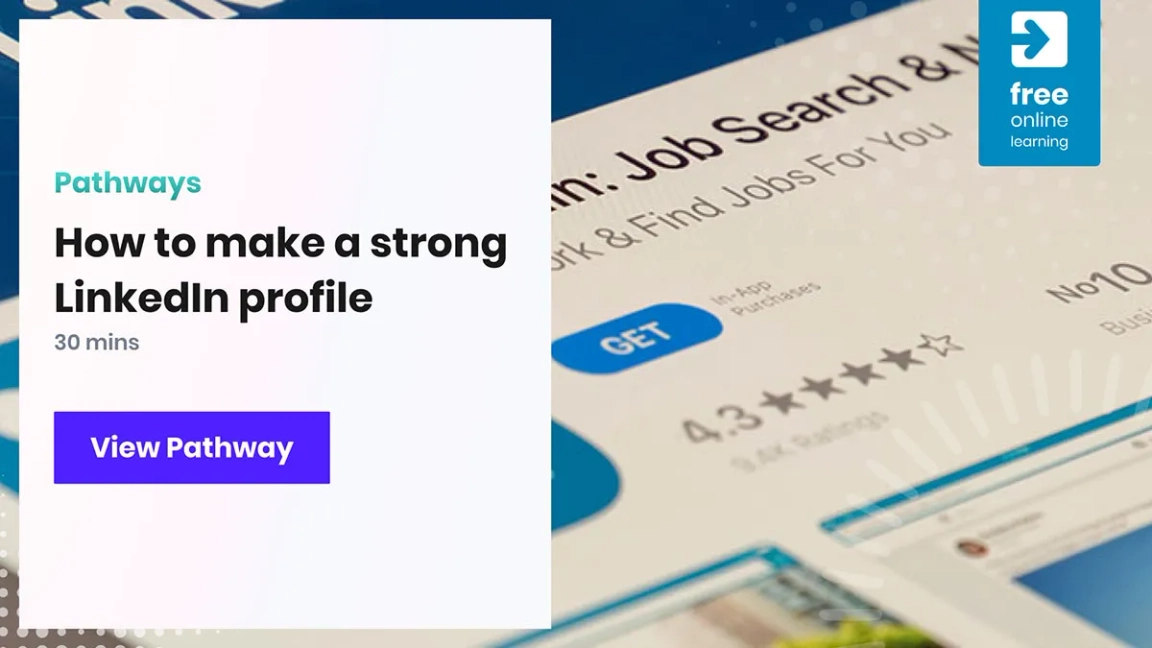Careers advice and planning
How to use social media when looking for a job
14 Jul 2023, 09:52
Social media can be a real help when embarking on your job hunt or career planning. Having a social media presence can support your networking activities and can also help you to identify job opportunities. Remember, though, that while social media networks can help you find a job, they won’t do it on their own. You need to be strategic and proactive in how you use them.

gradireland Editorial advice
This describes editorially independent and impartial content, which has been written and edited by the gradireland content team. Any external contributors featuring in the article are in line with our non-advertorial policy, by which we mean that we do not promote one organisation over another.


